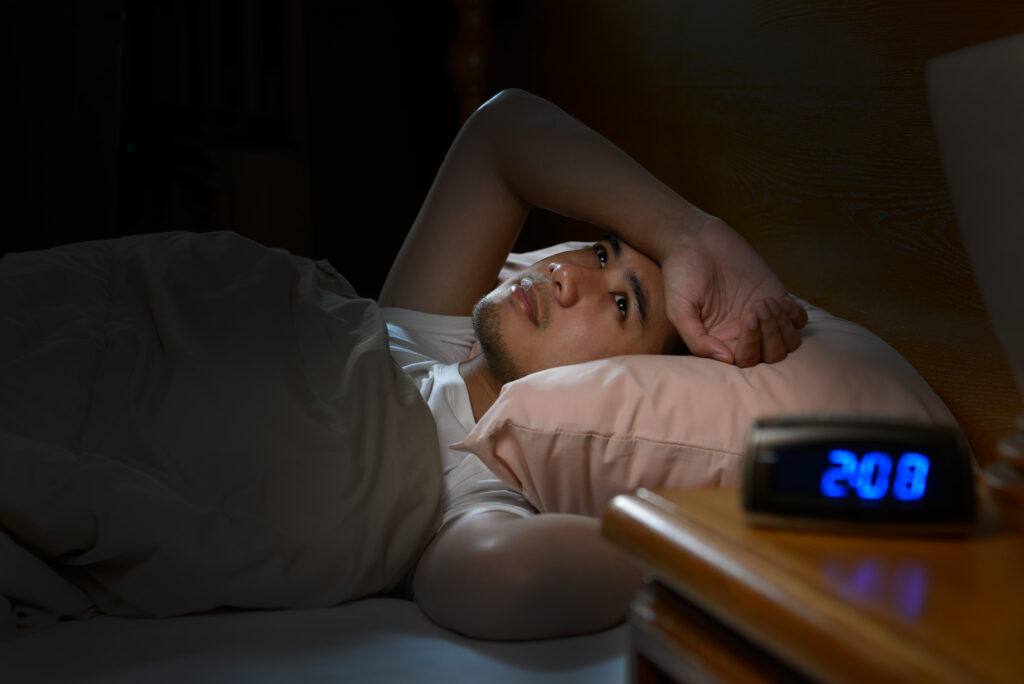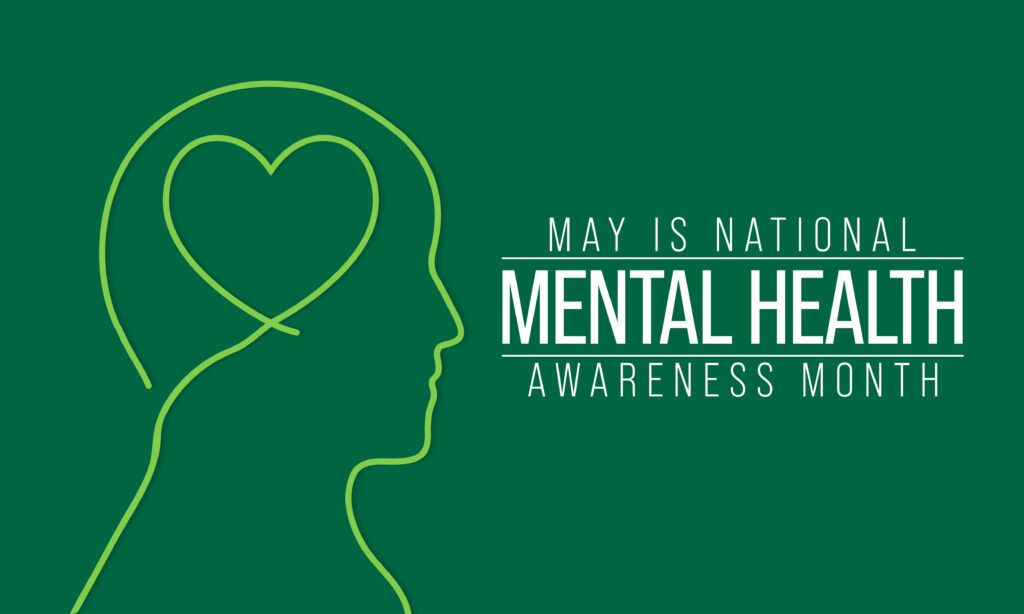Did you know that your body and mind repair itself during sleep?
Sleep disorders can lead to mood disorders such as depression. Depression and anxiety can lead to sleep disorders.1 Too little sleep or too much sleep can be a sign of a bigger health concern and should be taken seriously.
For some, an underlying medical condition such as sleep apnea can cause a person to stop breathing momentarily in their sleep, leading to feelings of exhaustion the next morning. Over time, the body can’t function as it once did and this can lead to depression, anxiety, and other mood disorders.
For others, getting out of bed in the morning is a chore. Some people wake up multiple times throughout the night while others have difficulty falling asleep. There are a few things that you can do to optimize your environment for a good night’s sleep.
Tips for a Restful Night Sleep:
- Go to bed around the same time each night.
- Put away devices and turn off the television at least 30 minutes before bed. Electronics stimulate the brain. The blue light coming from devices can also decrease melatonin production.
- Get room darkening blinds or curtains to control the amount of light in the room.
- Keep the room a cool, consistent temperature. Studies have found that cooler temperatures facilitate a deeper sleep.
- Limit caffeine and alcohol intake. Caffeine is a stimulant and alcohol may help you fall asleep quicker but it tends to disrupt your sleep throughout the night as it wears off.
- Treat yourself to nice sheets. The type of sheet you like may be different than someone else. A crisp cotton sheet with a higher thread count is a great place to start.
- Use essential oils such as lavender to promote a good night’s sleep.
Developing healthy sleep habits is critical to mental, physical and emotional health. If you have tried everything and still feel exhausted, talk to your doctor to find out what other types of treatments are available to you.





